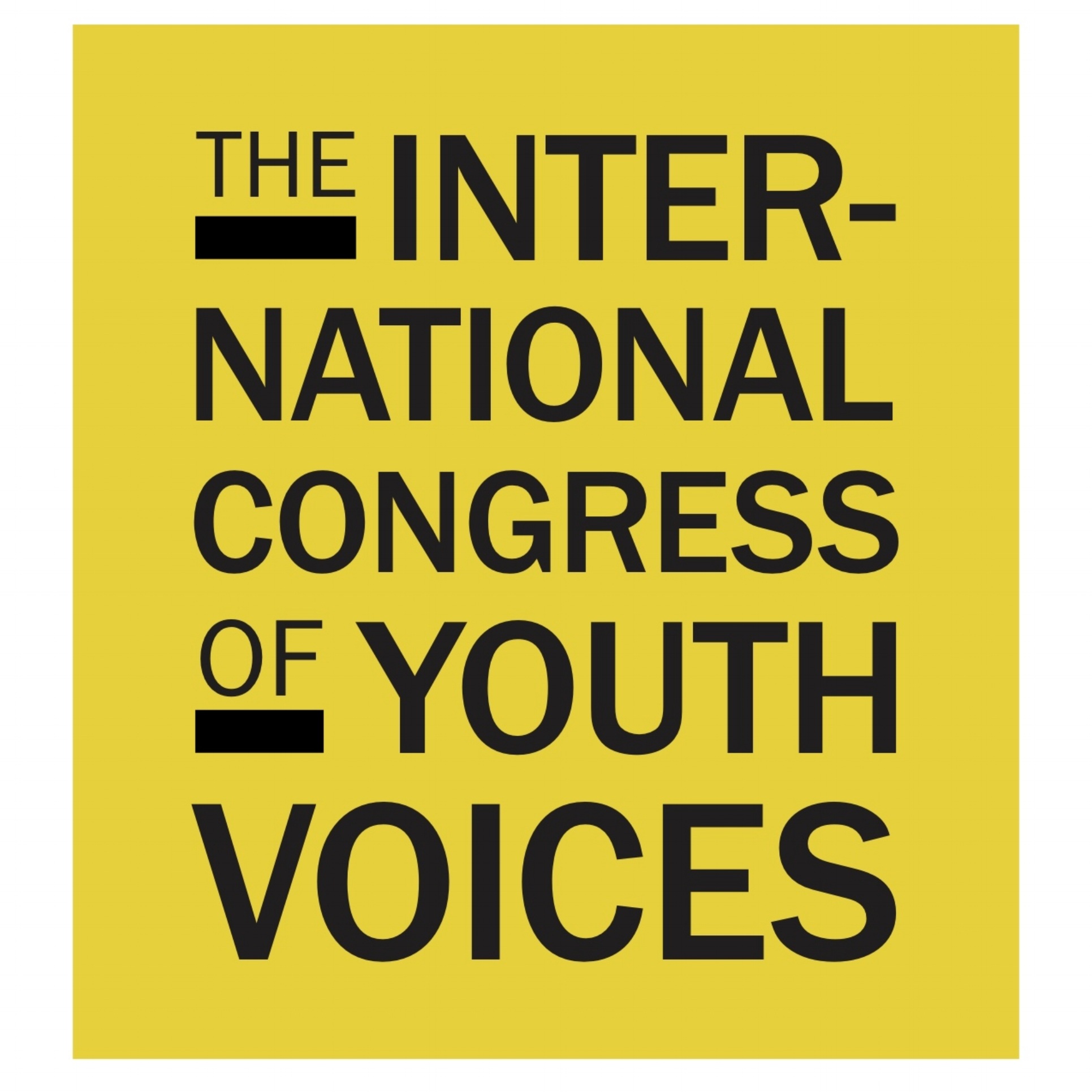BEATRICE PHIRI, 21
Beatrice Phiri was born and raised in Lusaka, Zambia. She is a youth reporter for many organizations including Agents of Change Foundation and Children’s Radio Foundation. Phiri’s weekly radio programs include coverage on climate change and environmental sustainability. They reache a cross section of the local community. She is very active in youth empowerment programs, including education activities on HIV/prevention, sexual reproductive health, and child rights. Phiri is a member of the United Nations Youth Partnership Platform in Zambia (UNYPP-z), that works hand in hand with UN agencies and the government to address problems that youth face on a daily basis.
Phiri has served as a climate ambassador since 2013, first under UNICEF Zambia’s unite4climate, a child led advocacy program that educates and teachers participants to be climate ambassadors. She was selected by Agents of Chance foundation to represent their youth reporters at the 2016 Aids Conference in Durban, South Africa, where she co-interviewed Prince Harry and Sir Elton John. She represented UNYPP-z at the 2017 G200 Youth Summit in Dubai, United Arab Emirates. Her work as an advocate for social issues and public speaking has launched many community based initiatives that help young people in Zambia.
Phiri is the founder and director of Visionary Youth for Change, a youth led organization that tackles issues that affect society through developing systems that support the United Nations Sustainable Development Goals (SDGs). She is a third year student at Cavendish University in Zambia, pursuing a Bachelor of Arts Degree in Mass Communication and Public relations. She was recently selected as the On Campus Director at Cavendish by the Hult Prize Foundation for her efforts in addressing student needs and organizing students to address SDGs.
21 AND OVER
by Beatrice Phiri
Zambia has one of the highest child marriage rates in the world, with 31% of women aged 20-24 years married by the age of 18. The rates of child marriage vary from one region to another, and are as high as 60% in the country's Eastern Province, and as low as 28% in the capital of Lusaka.
Child marriage in Zambia is driven by traditional practices and beliefs, and the low social status assigned to women and girls. Initiation ceremonies for girls who reach puberty prepare them for marriage and gender responsibilities as defined by culture.
Cultural practices such as polygamy also drive child marriage in Zambia, as young girls are married off to older men who are respected in their communities.
Poverty also exacerbates child marriage. Over 60.5% of the population live below the poverty line, and families see child marriage as an opportunity to benefit financially from the bride price they receive.
Finally, girls’ lack of access to education contributes to the likelihood of child marriage. United Nations Population Fund found that 65% of women aged 20-24 with no education were married or in union by the age of 18, compared to only 17% of women with secondary education or more.
It has constantly been noted that child marriage mostly affects more girls than boys. Maybe we as Zambians will see “a light at the end of the tunnel” and finally see a change with the incoming marriage bill that advocates and supports the end of child marriage.
According to the Minister of Gender, Victoria Kalima, in a recent article, the marriage bill will not only tackle such vices of early marriage but will also level the playing field against defilement.
In an interview with Agents of Change Youth Reporter and Child’s Rights Activist, Theresa Katongo said that the move taken by the government in combating the scourge of child marriage and defilement is a commendable step to a better Zambia.
Katongo eluded to the fact that the Zambian government is progressive in the formulation of policies, but the implementation thereof is a whole different story. Such policies must not only end on paper but the repercussions must be stiff for anyone who doesn’t abide by the law.
Katongo also stated that the vice of early marriages do not only occur in rural areas, but also in areas such as Chaisa and Mandevu, to mention only a few. She mentioned that one cause of early child marriage is poverty and that children, especially females, are sold off for money as the parents or elders see the young ones as means to an end.
In her last words of recommendation, Katongo mentioned that the government should conduct surveys before and after the marriage bill is initiated (if it is implemented).
Katongo says that it may not only be the parents who are at fault. The behaviour that children and young people are portraying might be causing them to enter into early marriages resulting in higher rates of defilement.
In another interview with the Director of Media Network on Child’s Rights and Development (MNCRD), Henry Kabwe, Kabwe said the marriage bill is a progressive attempt to stop child marriages in Zambia but that it was rushed without sensitizing the public.
The awareness raised should spark debate within the general population and encourage contribution to the development of this government policy.
Kabwe stated that this bill will not be effective if not backed by local law enforcement as seen when laws regarding access to nightclubs were not enforced. Effective enforcement mechanisms are crucial in the implementation of new laws that govern social traditions, such as child marriage.
Kabwe alluded to the fact that one must examine the issue of early marriage from a moral standpoint and consider the factor that morals play in early marriage and defilement before changing legislation.
Though there is some scrutiny about the subject of one getting married at 21 plus, this is seen to be a major step up in terms of development in Zambia.
If this bill were to be passed it is likely to a larger extent to reduce early marriages and cases of early pregnancies.

